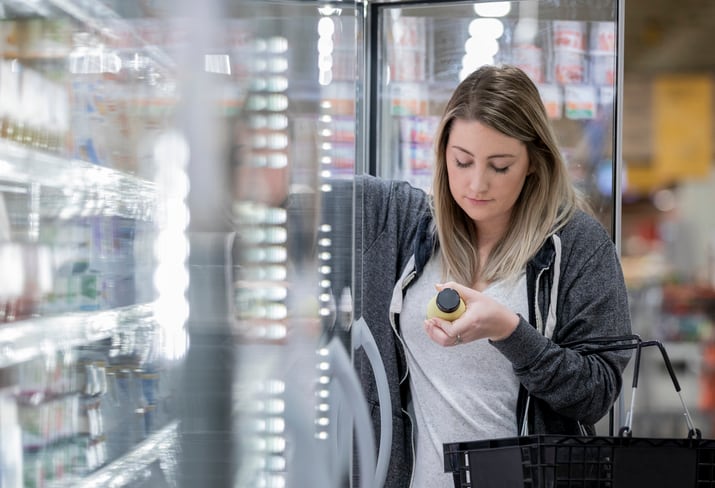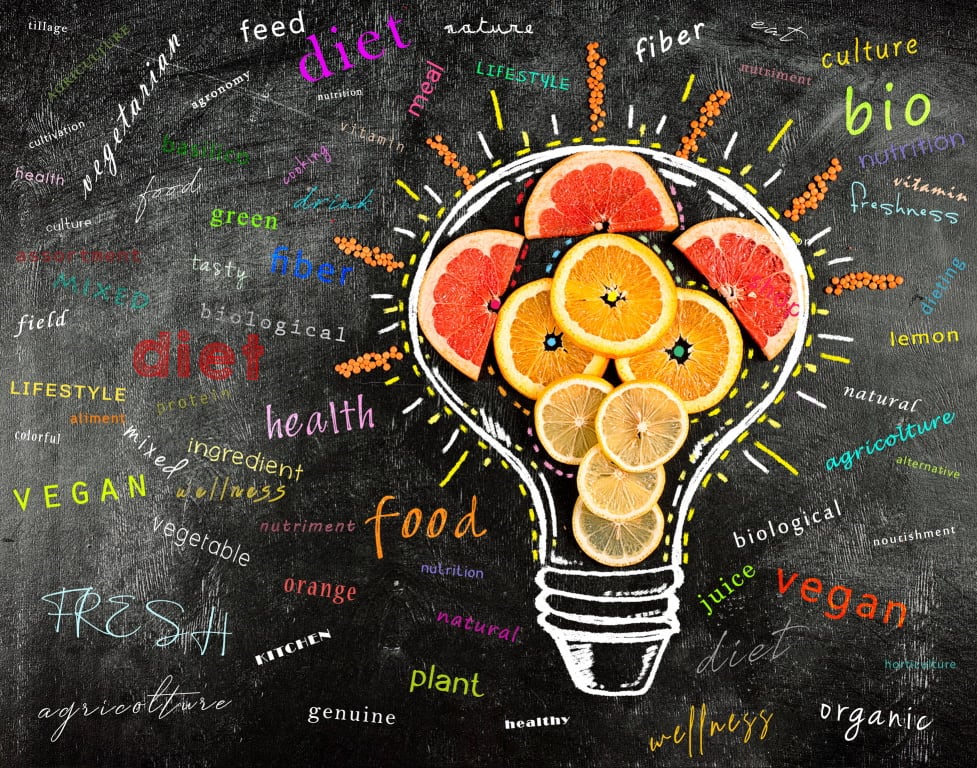A team of researchers from the Oxford University-based Livestock Environmental Assessment and Performance (LEAP) Partnership reviewed 56 different studies which had tested how different ecolabels affected the choices of 42,768 shoppers.
The labels were classified according to their text and logo and their overall message, such as ‘organic’, ‘low-carbon’ and ‘pesticide-free’. The researchers then analysed whether ecolabels were more or less effective depending on the characteristics of the shoppers themselves. They found that, regardless of an ecolabel’s message or format, participants were more likely to choose the product with an ecolabel in 79% of experiments. They also found that ecolabels were more effective among women in 67% of studies, but found no clear difference in their effectiveness based on shopper income, age or education
Most of the studies were hypothetical, in the sense that participants didn’t spend real money or get real food but were asked to imagine they were shopping and to choose between products with different attributes. But in the 15 studies conducted in real-world settings, a majority (73%) found that ecolabelled products were more desirable than the alternatives.
Consumers increasingly seek to buy environmentally-sound products
Ecolabels were invented in the late 1970s to help consumers tell the difference between a product with a large ecological footprint – i.e. one produced and distributed in a way that releases lots of greenhouse gases or consumes a lot of natural habitat – and a product with a smaller one.
There are now currently almost 460 eco labels globally, with over 120 different types in use on food and drink products, with proponents claiming they can help consumers choose genuinely environmentally friendly products. Sceptics, however, suggest they are difficult to compare and simply allow more companies more opportunities to greenwash, or give a false impression of their environmental credentials.
Ecolabels: effective or confusing?
Christina Potter, a health behavours researcher at the University of Oxford and who led the study, said the research aimed to investigate the effectiveness of food and drink ecolabels – such as the Marine Stewardship Council logo, the Carbon Reduction label, or the Rainforest Alliance Certified badge -- in encouraging consumers to make green choices.
“What we found suggests ecolabelling could promote more environmentally-conscious shopping,” she said, although the research didn’t investigate whether the various labels accurately reflected each product’s environmental impact.
For example, while consumers tend to associate organic foods with sustainability, there is some debate around whether organic farming methods are actually better for the planet than conventional methods. “For that reason, we don’t know for certain whether ecolabels always promote products with a more benign influence on the environment,” said Potter.
She told FoodNavigator the current state of ecolabelling 'does not allow for easy comparison across products because there are so many different types of labels in circulation and not all products are labelled'.
"Some of the current ecolabels in use do provide consumers with information about the environmental impacts of a product, but these are rarely a complete picture and focus instead on a single environmental outcome or certification scheme," we were told.
"Our research is attempting to develop ecolabels that reflect a broader range of environmental impacts which would allow consumers to make more informed choices across supermarket shelves." She said this would also minimise trade-offs that occur in single-indicator, such as GHG only, labelling that could inadvertently push consumers toward products that have heightened impacts in other areas such as biodiversity loss or water use.
'No current labels capture a product’s full environmental impact from farm to fork'
She added her team would like to know more about any unintended consequences of ecolabels, such as whether they promote less healthy food and drink options. “Perhaps a combined system of ecolabelling with nutritional information could remedy this, or the use of ecolabels on products meeting certain health standards.
“No current labels capture a product’s full environmental impact from farm to fork. Defining the credentials, a product needs in order to be awarded an ecolabel demands further study. This could have the added benefit of making these labels more credible and improving public confidence in them.”
For now, while more high quality research is needed on the effectiveness of different ecolabel attributes and their effects in real world settings, Potter added that an overwhelming majority of studies show ecolabelled products outperforming those without any environmental guarantees could show a “public appetite for more sustainable lifestyles that businesses and regulators now have an opportunity to nurture”.
Reference
The Effects of Environmental Sustainability Labels on Selection, Purchase, and Consumption of Food and Drink Products: A Systematic Review
Authors: Christina Potter, Anastasios Bastounis, Jamie Hartmann-Boyce
First Published February 20, 2021 Research Article





